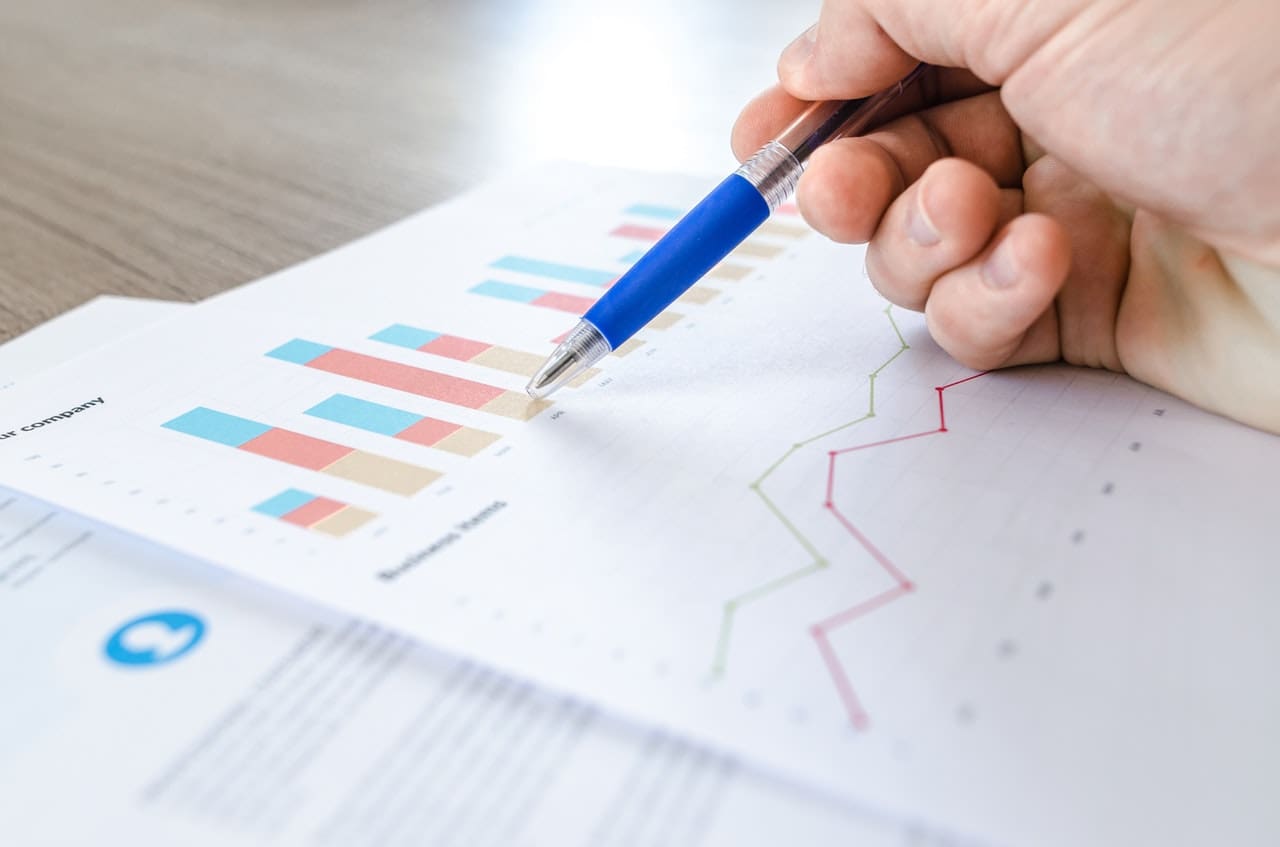Benefits Of Measuring Your Digital Marketing
Marketing analytics are the results of measuring digital marketing efforts and effectiveness. It relies on collecting data related from marketing actions and the customer journey. This can include everything from website traffic to Instagram followers. The ability to collect, aggregate and calculate this data offers valuable insight into what’s working. It also gives insight into what can be improved and the return on your investment.
Related: Building an Online Presence: Why you Need to Audit your Website
How To Start Measuring Digital Marketing Effectiveness
When developing a digital marketing strategy, there is a wealth of data available to you. This data is often in real-time and detailed. However, for marketing analytics to be useful, they must be tracked, measured and analysed. You need to know what to measure and how to use the data returned to make informed decisions about your online marketing strategy.
It’s important to consider the following:
- which online channels you will use
- how these channels sit in the overall customer journey – eg awareness, acquisition or conversion
- what your marketing objective looks like – eg increased sales, increased visits to your website, email sign-up, etc.
What Key Metrics Should You Measure?
It’s important to only measure the metrics that will offer your business key insight and value. With so much data available, you can sometimes have too much. For example, you could measure:
- page views per visit on your website
- how long visitors stay on your website
- what kind of keyword terms and searches are used
- the number and cost of advertising (PPC) clicks through to your site
Consistent measuring across different marketing channels will help you attribute value to each of your marketing strategies.
Related: The Importance of the KPI Process when Growing your Business
The Benefits Of Measuring Digital Marketing
Measuring digital marketing will allow you to:
- use your digital marketing budget efficiently
- improve sales generation activity and increase conversion rates
- choose the right online channels to reach your target audience
- make informed and effective campaign decisions
- increase your return on investment
What To Do With The Data?
Once you begin measuring your marketing analytics, you’ll want to consider the following steps:
1. Find the data most relevant to your business needs. As previously mentioned, you need to focus on the data that will offer you the most value. For example, if you’re building a brand from scratch, you may want to pay attention to social media engagement and general website traffic, but conversion rates may not be as important yet. If you’re not capturing leads, you may want to measure time on site, exit pages and conversion rates.
2. Once you know what metrics are important it’s time to create SMART goals. Goals should be Specific, Measurable, Attainable, Relevant and Timely.
3. Be consistent. It’s important to check regularly and to be consistent to achieve the most accurate data.
4. Look for trends and the source of those trends. Then make decisions based on that information. If it’s delivering positive results, keep going with it. If it’s delivering negative results consider making one small change at a time so that you can track that change to figure out exactly what it is that is or isn’t working.
5. Report regularly on the process and your objectives. This may be weekly, monthly or quarterly depending on your requirements.
6. Compare and repeat. When you’ve achieved your goals, set new ones and start the process again.
What Next?
Proving the value of your marketing is the key to success and increasing your return on investment. And as the digital environment continues to evolve, it’s increasingly important to evaluate and improve your efforts. With new technologies, strategies and cost considerations as a factor, you may need to prove results and value. By maintaining a consistent analytics process and making informed decisions based on the returned data, you can offer measurable results and prove the value of your efforts.
In Summary
Measuring digital marketing effectiveness is an integral part of engaging, effective and efficient marketing. However, it is also a complex demand for businesses alongside everything else they have to manage. Grappling with difficulties including fragmented data, varying analytic tools and the daunting task of choosing the right metrics may be easier left to the experts.
If that’s the case, give us a call today on 0870 062 8760 or email info@aiminternet.co.uk. Our team will be more than happy to help figure out the key metrics for your business.
You may also want to check out The Importance of Knowing the Gross Margin in your Business by Product/Service

